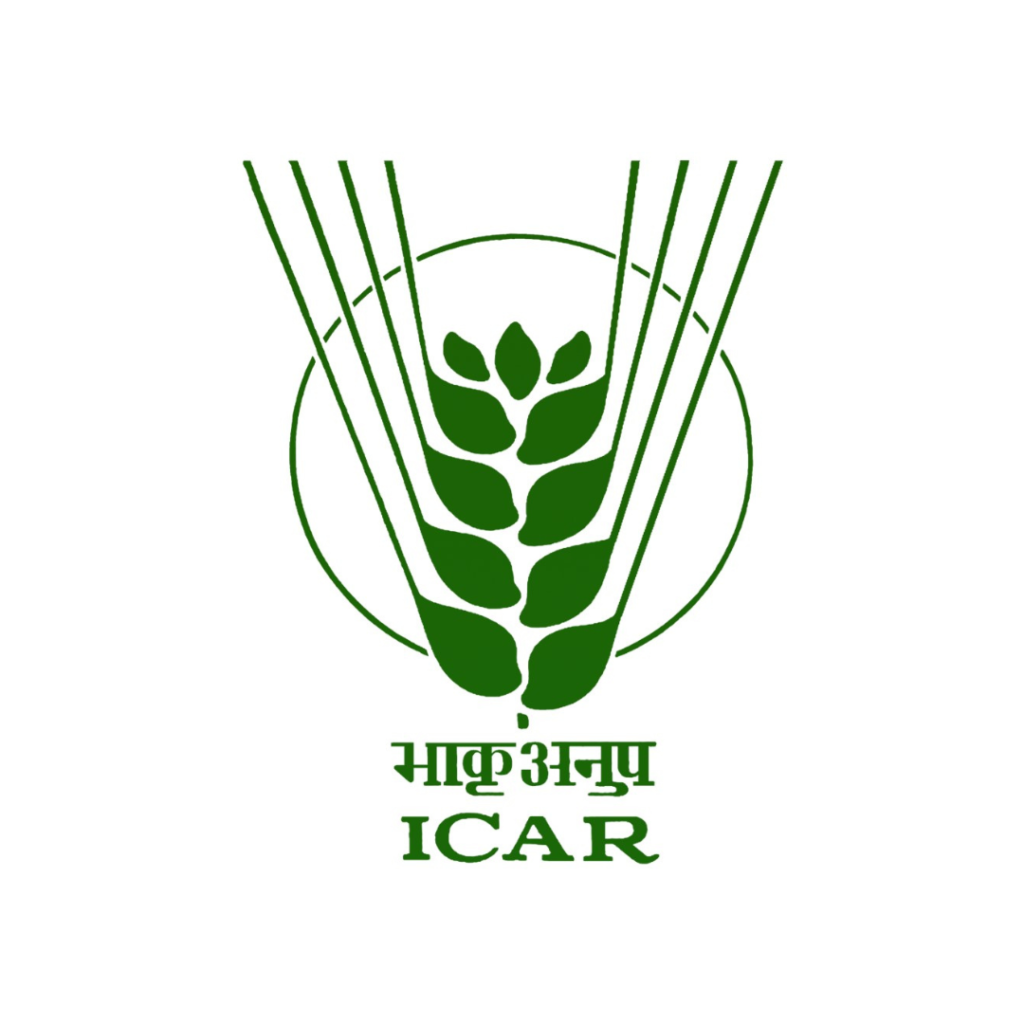Admission Requirements and Process
Academic qualifications
To pursue a BSc Hons Agriculture degree, students must meet specific academic qualifications set by universities and educational institutions. These requirements ensure that candidates have the necessary foundation to succeed in the program. While the exact criteria may vary slightly between institutions, there are some common academic qualifications that most universities expect from prospective students.
- Secondary Education:
- Subject Requirements:
- Biology or Mathematics (mandatory)
- Physics and Chemistry (mandatory)
- English (often required)
- Grades in Specific Subjects:
- Minimum grade in Biology/Mathematics (usually B or above)
- Minimum grade in Physics and Chemistry (usually B or above)
It’s important to note that some universities may have additional subject requirements or preferences. For example, some institutions might give preference to students who have studied agriculture-related subjects in their secondary education.
Here’s a comparison of typical academic qualifications required by different types of institutions:
| Institution Type | Minimum Aggregate Score | Subject Requirements | Additional Preferences |
|---|---|---|---|
| Top-tier Universities | 60-70% | PCB/PCM with English | Agriculture-related subjects |
| State Universities | 55-65% | PCB/PCM | – |
| Private Colleges | 50-60% | PCB/PCM | – |
Students from international educational backgrounds, such as those with International Baccalaureate (IB) or A-levels, are usually required to provide equivalent qualifications. Universities often have dedicated admission officers who can assist in evaluating international qualifications and determining eligibility.
For students who may not meet the exact academic qualifications but have relevant experience or alternative qualifications, some universities offer foundation courses or bridging programs. These programs help students build the necessary knowledge and skills to enter the BSc Hons Agriculture program.
Now that we’ve covered the academic qualifications, let’s delve into the entrance exams that prospective students may need to take as part of the admission process.
Entrance exams

Entrance exams play a crucial role in the admission process for BSc Hons Agriculture programs. These exams are designed to assess a student’s aptitude, knowledge, and skills relevant to agricultural studies. The specific entrance exams required can vary depending on the country, state, or individual institution. Here are some of the most common entrance exams for BSc Hons Agriculture admissions:
- National Level Entrance Exams:
- ICAR AIEEA (All India Entrance Examination for Admission)
- NEET (National Eligibility cum Entrance Test)
- JEE Main (Joint Entrance Examination)
- State Level Entrance Exams:
- Various state agricultural universities conduct their own entrance exams
- Examples include KEAM (Kerala), KCET (Karnataka), MHT CET (Maharashtra)
- University-specific Entrance Exams:
- Some universities conduct their own entrance exams for BSc Hons Agriculture admissions
Let’s take a closer look at some of the major entrance exams:
ICAR AIEEA (All India Entrance Examination for Admission)
The Indian Council of Agricultural Research (ICAR) conducts this national-level entrance exam for admissions to various undergraduate and postgraduate agricultural programs, including BSc Hons Agriculture.
Key features of ICAR AIEEA:

- Conducted annually
- Online computer-based test
- Covers subjects like Physics, Chemistry, Biology/Mathematics, and Agriculture
- Syllabus based on 10+2 level education
- Multiple-choice questions format
NEET (National Eligibility cum Entrance Test)
While primarily known for medical admissions, some universities also accept NEET scores for BSc Hons Agriculture admissions.
Key features of NEET:
- Conducted annually
- Pen-and-paper based test
- Covers Physics, Chemistry, and Biology
- Syllabus based on 11th and 12th standard NCERT textbooks
- Multiple-choice questions format
JEE Main (Joint Entrance Examination)
Some institutions accept JEE Main scores for BSc Hons Agriculture admissions, especially for programs with a stronger focus on mathematics and engineering aspects of agriculture.

Key features of JEE Main:
- Conducted multiple times a year
- Online computer-based test
- Covers Physics, Chemistry, and Mathematics
- Syllabus based on 11th and 12th standard curriculum
- Multiple-choice and numerical value questions format
Here’s a comparison of these major entrance exams:
| Exam | Frequency | Mode | Subjects Covered | Acceptance |
|---|---|---|---|---|
| ICAR AIEEA | Annual | Online | Physics, Chemistry, Biology/Mathematics, Agriculture | Widely accepted for agriculture programs |
| NEET | Annual | Offline | Physics, Chemistry, Biology | Accepted by some universities for agriculture programs |
| JEE Main | Multiple times a year | Online | Physics, Chemistry, Mathematics | Accepted by some institutions for agriculture programs with math focus |
Preparation strategies for entrance exams:
- Understand the syllabus: Thoroughly review the syllabus for each exam you plan to take.
- Practice previous years’ question papers: This helps familiarize you with the exam pattern and types of questions.
- Focus on core subjects: Strengthen your knowledge in Physics, Chemistry, and Biology/Mathematics.
- Time management: Practice solving questions within the allotted time to improve your speed and accuracy.
- Stay updated: Keep track of any changes in exam patterns or syllabus announced by the conducting bodies.
- Enroll in coaching classes or online courses: These can provide structured preparation and expert guidance.
- Develop a study schedule: Create a balanced study plan that covers all subjects and allows for regular revision.
It’s important to note that some universities may have additional requirements beyond these entrance exams. For example, they might conduct their own aptitude tests, personal interviews, or consider extracurricular activities and achievements.
International students applying for BSc Hons Agriculture programs in countries like the UK, USA, or Australia may need to take different standardized tests such as SAT, ACT, or specific university entrance exams. They may also need to prove their English language proficiency through tests like IELTS or TOEFL.
With a clear understanding of the entrance exams, let’s move on to the application procedure, which is the final step in securing admission to a BSc Hons Agriculture program.
Application procedure
The application procedure for BSc Hons Agriculture programs can vary depending on the institution and country. However, there are some common steps and requirements that most universities follow. Understanding this process is crucial for prospective students to ensure they complete all necessary steps and submit their applications on time.
Here’s a detailed guide to the typical application procedure:
- Research and Shortlist Universities:
- Identify universities offering BSc Hons Agriculture programs
- Consider factors like curriculum, faculty, research opportunities, and campus facilities
- Check the application deadlines for each institution
- Check Eligibility Criteria:
- Review academic qualifications required
- Confirm entrance exam requirements
- Verify any additional criteria (e.g., work experience, extracurricular activities)
- Register for Required Entrance Exams:
- Sign up for national, state, or university-specific entrance exams
- Prepare thoroughly for these exams
- Gather Required Documents:
- Academic transcripts (10th and 12th standard or equivalent)
- Entrance exam score cards
- Passport-sized photographs
- Identity proof (e.g., Aadhar card, passport)
- Domicile certificate (if applying under state quota)
- Category certificates (SC/ST/OBC), if applicable
- Income certificate (for scholarship applications)
- Letters of recommendation (if required)
- Statement of Purpose (SOP) or personal essay (if required)
- Fill Out the Application Form:
- Most universities now offer online application systems
- Create an account on the university’s application portal
- Fill in personal details, academic history, and exam scores
- Upload required documents
- Review all information for accuracy before submission
- Pay Application Fee:
- Pay the required application fee through the specified mode (usually online payment)
- Keep the payment receipt for future reference
- Submit the Application:
- Ensure all sections of the application are complete
- Double-check that all required documents are attached
- Submit the application before the deadline
- Track Application Status:
- Most universities provide a tracking system to check application status
- Keep checking for any updates or additional requirements
- Attend Counseling or Interview (if required):
- Some universities conduct counseling sessions or interviews as part of the selection process
- Prepare well for these sessions, focusing on your interest in agriculture and future goals
- Accept Offer and Complete Admission:
- If selected, you’ll receive an offer letter
- Accept the offer within the specified timeframe
- Pay the admission fee to secure your seat
- Submit original documents for verification
- Apply for Scholarships (if applicable):
- Research available scholarships for BSc Hons Agriculture students
- Apply for relevant scholarships, following their specific application procedures
- Arrange for Accommodation:
- Apply for on-campus housing if available and preferred
- If opting for off-campus accommodation, start your search early
Here’s a timeline to help you plan your application process:
| Time Frame | Tasks to Complete |
|---|---|
| 12-18 months before start date | Research programs and universities |
| 10-12 months before | Register for entrance exams |
| 6-8 months before | Prepare and take entrance exams |
| 4-6 months before | Start filling out application forms |
| 3-4 months before | Submit applications and required documents |
| 2-3 months before | Attend interviews or counseling sessions |
| 1-2 months before | Accept offer and pay admission fee |
| 1 month before | Arrange accommodation and prepare for relocation |

Tips for a successful application:
- Start early: Begin your research and preparation well in advance to avoid last-minute rush.
- Be organized: Keep all your documents and information well-organized and easily accessible.
- Follow instructions carefully: Pay close attention to the specific requirements of each university.
- Proofread: Carefully review all your application materials for errors or inconsistencies.
- Be honest: Provide accurate information throughout your application.
- Highlight your strengths: In your SOP or personal essay, focus on your passion for agriculture and relevant experiences.
- Meet deadlines: Submit your application and all required documents well before the deadline.
- Keep copies: Maintain copies of all submitted documents and correspondence with the university.
- Stay informed: Regularly check your email and the university’s application portal for updates.
- Seek help if needed: Don’t hesitate to contact the university’s admissions office if you have any questions or concerns.
International students applying for BSc Hons Agriculture programs may have additional steps in their application procedure:
- English Language Proficiency: Submit scores from tests like IELTS or TOEFL.
- Visa Application: Once accepted, apply for a student visa well in advance.
- Financial Documentation: Provide proof of sufficient funds to cover tuition and living expenses.
- Health Insurance: Arrange for appropriate health insurance coverage as required by the host country.
Remember that the application procedure is your opportunity to showcase your qualifications and passion for agriculture. A well-prepared and thoughtfully completed application can significantly increase your chances of admission to your preferred BSc Hons Agriculture program.
With the application procedure complete, you’re now ready to embark on your journey towards a rewarding career in agriculture. The next step would be to explore the top universities offering BSc Hons Agriculture programs, which can help you make an informed decision about where to pursue your studies. smarts choice helped lot of students to get top icar admission in india contact us for admissions



